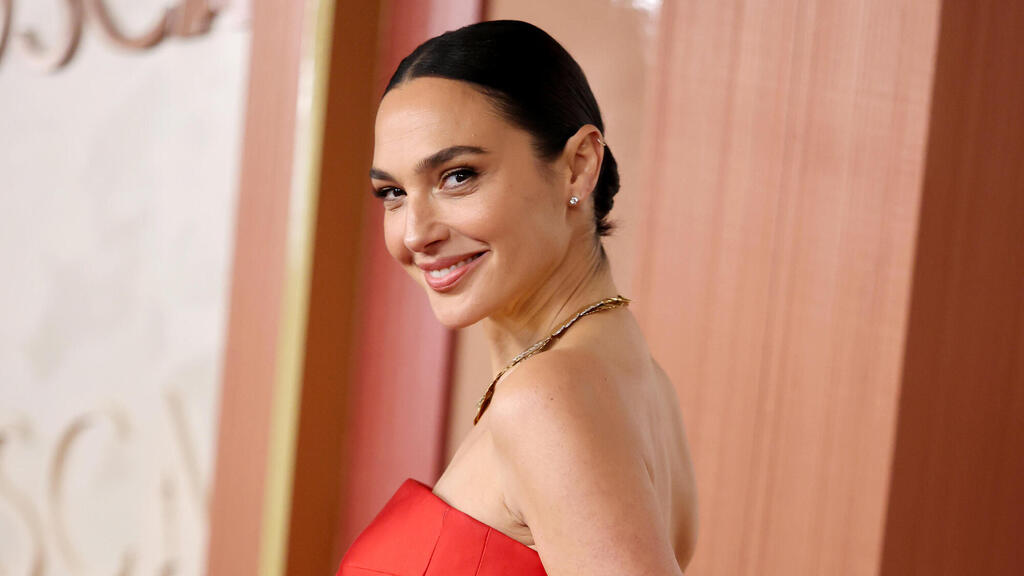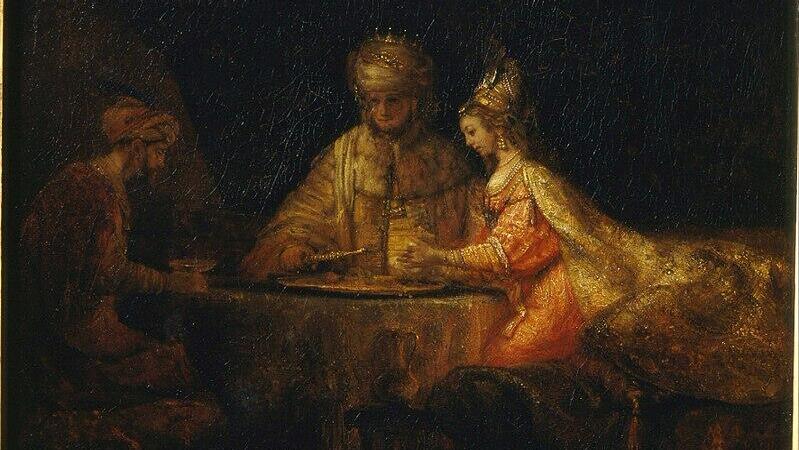The biblical Queen Esther said: "My name is Gal, I am Jewish, and we have had enough of this hate." In truth, this was the opening line of Gal Gadot’s speech as she accepted an award for her fight against antisemitism.
The Jewish people have Wonder Women like Gal Gadot and Queen Esther. But there's something unique about our heroines: unlike most superheroes, whose secret power is theirs alone, theirs is the opposite — their strength lies in being like us, in embracing their identity.
Gal Gadot receiving ADL award
Whether a queen of an empire or an international star, both are part of the Jewish people. That’s their power. This is what Gal Gadot does today, just as Queen Esther did 2,500 years ago.
One of the striking themes in superhero films is the costume — the quick transformation from everyday clothes to the hero’s uniform. In most films, superheroes disguise themselves as "regular" people, walking among us unnoticed until disaster strikes, when they switch into their shining suits to save the day.
This reversal reminds us that anyone around us could be a hero, that we shouldn’t judge too quickly. Israel has seen countless heroes emerge during this war — ordinary people who, in an instant, had to become extraordinary.
Many never asked to be heroes and might not even see themselves as such, but when faced with crisis, they acted. The hero's cape symbolizes that their true identity was always there, hidden beneath everyday clothes.
Gal Gadot and Queen Esther, however, displayed a different kind of courage — almost the opposite. Both reached the pinnacle of prestige, perceived as stars, exceptional in every way. They always wore their "shining costume." Often, Jewish women (and men) who succeed on the global stage choose to downplay their personal identity, becoming "universal" figures meant to be relatable to all.
Get the Ynetnews app on your smartphone: Google Play: https://bit.ly/4eJ37pE | Apple App Store: https://bit.ly/3ZL7iNv
Ever wondered why, out of all the women in the empire, Esther was chosen as Ahasuerus’ queen? He was a master politician, ruling over 127 provinces, needing to keep them all content. If he chose a wife tied to any one nation, he’d anger another. So, he picked the local orphan from Shushan — an anonymous girl with no known origins, no national ties. Esther was a queen without politics.
Her true heroism emerged at the most dangerous moment — the moment when being Jewish was most perilous. That’s when she chose to stop being a faceless, "universal star" and revealed her identity to the king: “For how can I bear to see disaster fall on my people?”
Esther’s courage was in shedding the disguise of a neutral "celebrity" and standing as one of her people. She shattered the illusion of impartiality and demanded justice, security and dignity — for herself and for her nation.
This is what Gal Gadot does. With the simple words, "I am Jewish," she chooses not to hide. She removes the international, glittering Wonder Woman persona, sets aside the fairy-tale queen’s crown and steps forward as an ordinary Jewish woman.
Esther and Gal Gadot show us that beneath the dazzling exterior is a woman with a personal identity — a Jewish woman. The secret power of our Jewish heroines isn’t a "superpower"; it’s one we can all share. Their strength is in their pride — in their identity, heritage and people.
Naftali Oppenheimer is an author and social activist.





